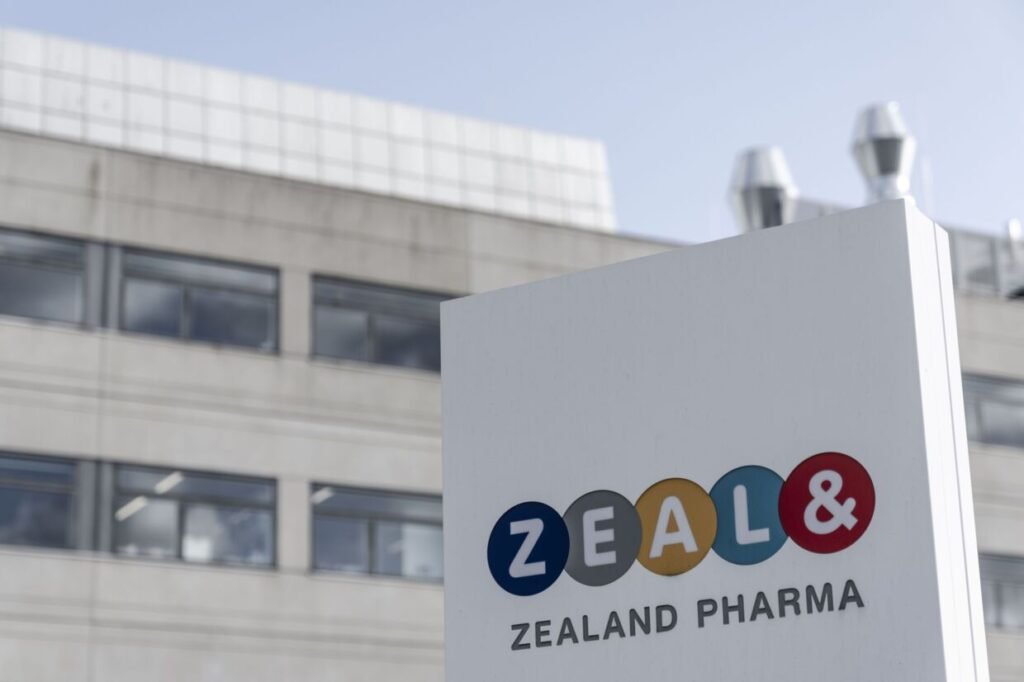New clinical findings support dapiglutide’s potential as first-in-class injectable therapy; CEO touts “milestone in multi-receptor peptide innovation”.
New clinical findings support dapiglutide’s potential as first-in-class injectable therapy; CEO touts “milestone in multi-receptor peptide innovation”.

Topline Results and Scientific Impact
Zealand Pharma announced positive topline data from its 28-week, multi-centre Phase 1b trial evaluating dapiglutide, a dual GLP-1/GLP-2 receptor agonist, in adults with obesity and metabolic syndrome. The results revealed robust weight reduction, clinically meaningful improvements in glycemic control, and favorable effects on lipid profiles with once-weekly dosing. The trial also documented reduced gastrointestinal adverse events compared to historic GLP-1-only comparators, likely attributable to the gut-protective role of GLP-2 signaling.
“The success of this trial marks a scientific milestone for the field,” stated Dr. Adam Steensberg, CEO of Zealand Pharma. “Dapiglutide’s unique mechanism was designed to combine metabolic efficacy and improved GI tolerability—these clinical data validate years of peptide engineering and shed light on what’s possible with multi-receptor targeting in metabolic diseases.”
Clinical Safety and Mechanistic Insights
Participants randomized to the highest dapiglutide dose lost up to 12% of baseline body weight over 28 weeks, with improvements in HbA1c (up to -1.7%) and fasting lipids. Investigators reported a low incidence of nausea, vomiting, and diarrhea, with GI events less than half the typical rates seen with pure GLP-1 agonists. Dapiglutide’s dual-agonist action augments satiety and insulin sensitivity (via GLP-1) while counterbalancing gut-related AEs through trophic GLP-2 effects.
According to CSO Dr. Britt Meelby Jensen, “These results set dapiglutide apart from current incretin therapies and underscore our commitment to advancing innovative multi-functional peptides into late-stage clinical development.”
Pipeline and Industry Context
Zealand’s announcement cements its leadership among next-generation peptide therapeutics, with dapiglutide flagged for Phase IIb registration studies in metabolic syndrome and NASH. The company’s clinical research strategy builds on its existing track record and partnerships in peptide drug innovation. Global partners are watching the program closely, with ongoing discussions over co-development and potential licensing.
Regulatory and Market Implications
Positive Phase 1b data bolster Zealand’s regulatory engagement strategy with plans for global Phase IIb/III studies in both obesity and fatty liver disease, aimed at regulatory filings in the next 2-3 years. The dual GLP-1/GLP-2 approach may offer differentiated efficacy and safety, expanding patient access and market impact relative to incumbents.
Keep in touch with our news & offers